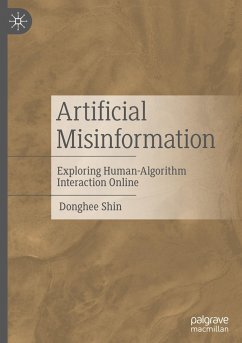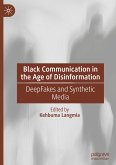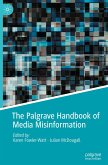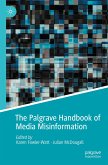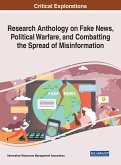This book serves as a guide to understanding the dynamics of AI in human contexts with a specific focus on the generation, sharing, and consumption of misinformation online. How do humans and AI interact? How is AI shaping our understanding of ourselves and our societies? What are the interaction mechanisms that govern how humans and algorithms contribute to misinformation online? And how do we bridge the gap between ethical considerations and practical realities to make responsible, reliable systems? Exploring these questions, the book empowers humans to make AI design choices that allow them meaningful control over AI and the online sphere. Calling for an interdisciplinary approach toward human-misinformation algorithmic interaction that focuses on building methods and tools that robustly deal with complex psychological/social phenomena, the book offers a compelling insight into the future of AI-based society.
Bitte wählen Sie Ihr Anliegen aus.
Rechnungen
Retourenschein anfordern
Bestellstatus
Storno

